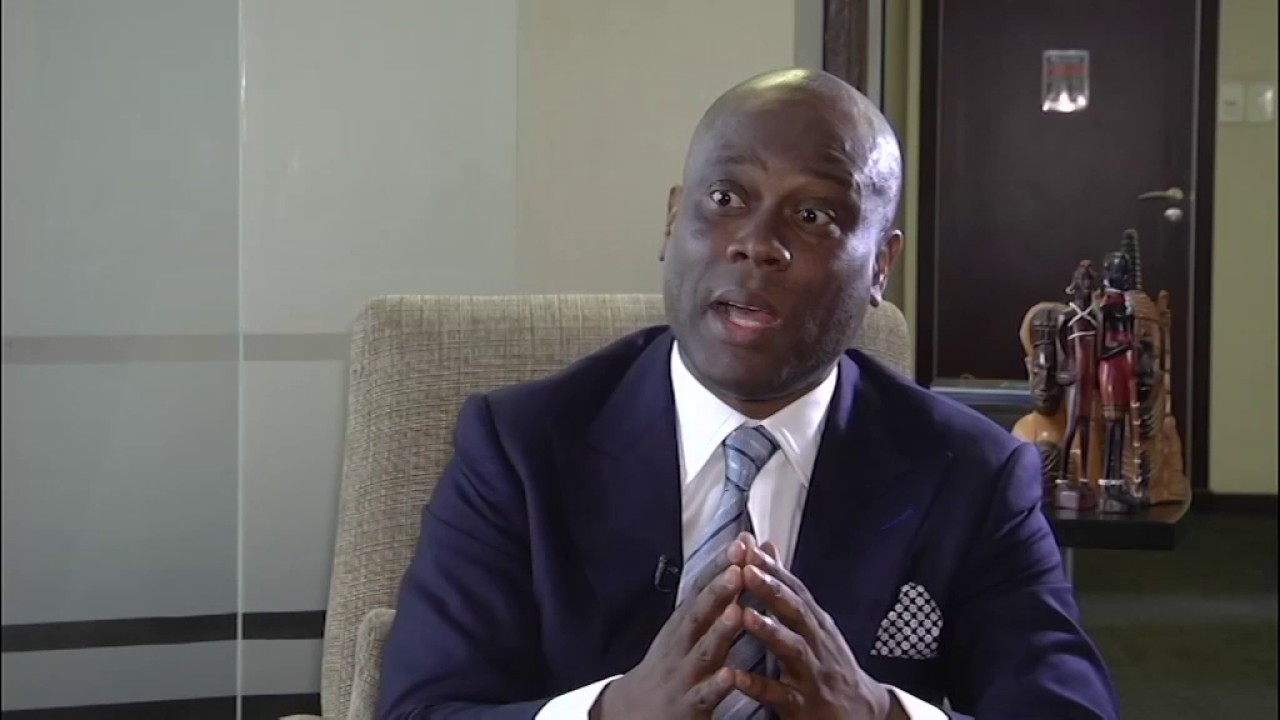Nigeria’s Access Bank takes 30% haircut on its 9Mobile loan, insists Etisalat UAE still has obligation
Steve Omanufeme is Businessamlive Managing Editor.
You can contact him on steveo@businessamlive.com with stories and commentary.
August 30, 20171.7K views0 comments
Nigeria’s Access Bank said Wednesday that it is taking a 30 percent haircut on its loan to troubled telecoms firm 9Mobile, formerly known as Etisalat Nigeria.
Herbert Wigwe, the bank’s chief executive, specifically said Access indeed booked a N4 billion ($13 million) impairment on its loan to the troubled firm, adding that the bank had a direct exposure of N11 billion to 9mobile, as well as an exposure of N35-39 billion to the telecoms firm’s suppliers.

Wigwe disclosed this in an analysts’ call and added that Access hoped to recover the debt once 9mobile was sold to new investors.
Businessamlive learnt that some members of the consortium of banks involved in the loan have also taken impairments on the loan lent to the company as well as making provisions for loans to companies that do business with the firm.
Read Also:
- Access Bank emerges only Nigerian company on Forbes 2024 World’s Best…
- NIMASA insists $360m sabotage cash intact amid misappropriation concerns
- Stock market down N142bn as bearish sentiment takes hold
- TotalEnergies, bp, Equinor, Shell launch $500m initiative to expand…
- Botched and bungled exercise that’s Nigeria’s 2025 budget
The Nigerian banks have agreed on an extension to the $1.2 billion loan made to 9mobile, pending the mobile operator finding new investors. However, some lenders outside the syndicated facility are making provisions.
Wigwe also hinted that the bank may take on Etisalat of the UAE for walking away from the loans.
“With respect to their parent, I think as a starting point, nobody walks into a system and takes so many loans and wakes up to say, ‘Oh I have gone.’ It doesn’t add up. So we still have recourse to them,” he said, adding: “We have downgraded the risk of Etisalat and have taken increased collective impairments.”
It is not clear how the bank intends to pursue Etisalat UAE on this, but Businessamlive understands that Access is continuing to maintain that the former parent company of now 9Mobile has a responsibility and is culpable with regards to the loan going bad and should be made to answer questions. Lawyers say that the window for possible legal actions against Etisalat UAE exists.
But Wigwe told analysts Wednesday that 9mobile has received significant interest from local and international investors after lenders appointed advisers to find new investors. It expected a sale to close within six months, adding that the lenders have appointed Citigroup and Standard Bank to manage the sale.
Wigwe said Access Bank has sufficient reserves to cushion losses that could arise from the sale. But added that the bank was far from that scenario because 9mobile had a stable subscriber base and that the business had experienced stress due to the way the previous owners managed it.
“It’s extremely unlikely for anybody to say that we would find ourselves at a 50 percent impairment level. We may see 30 percent impairment level perhaps because we want to sell it very quickly,” he pointed out.
Access Bank recently released its HY 2017 results. Gross earnings increased from N174 billion in 2016 to N246 billion in 2017. The bank declared an interim dividend of 25 kobo. Access bank is currently trading at N9.93 as at 11.13am in today’s trading session on the Nigerian Stock Exchange.
Access Bank said non-performing loans rose to 2.5 percent by the half-year from 2.1 percent as at December, though it posted an 18.4 percent rise in half-year pretax profit to N52.08 billion last week.
Access shares, which have gained 70.4 percent so far this year, dipped 3.9 percent to 9.59 naira on Wednesday.
Etisalat Nigeria had in July last month defaulted on a $1.2 billion loan, it took from a consortium of banks. The firm blamed its default on the sudden devaluation of the naira against the dollar last year.
An attempt by the banks to take over the telco, was blocked by the Central Bank of Nigeria (CBN) and Nigeria Communications Commission (NCC).
